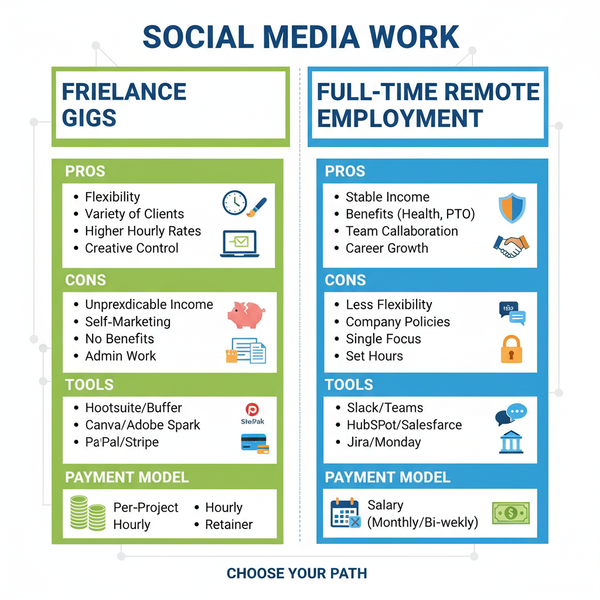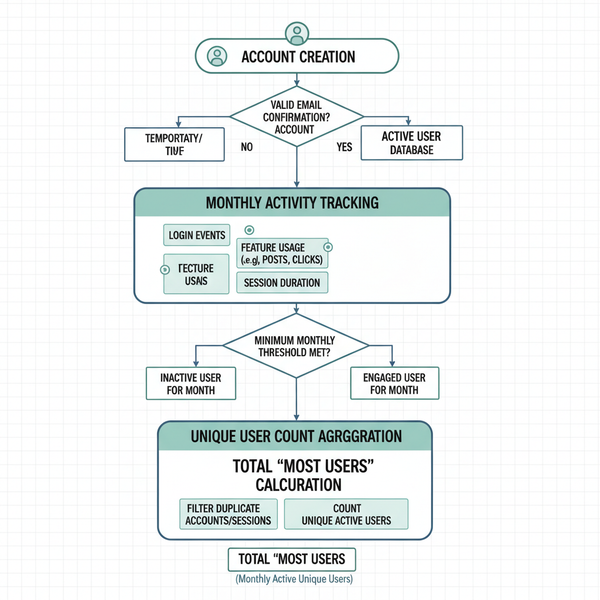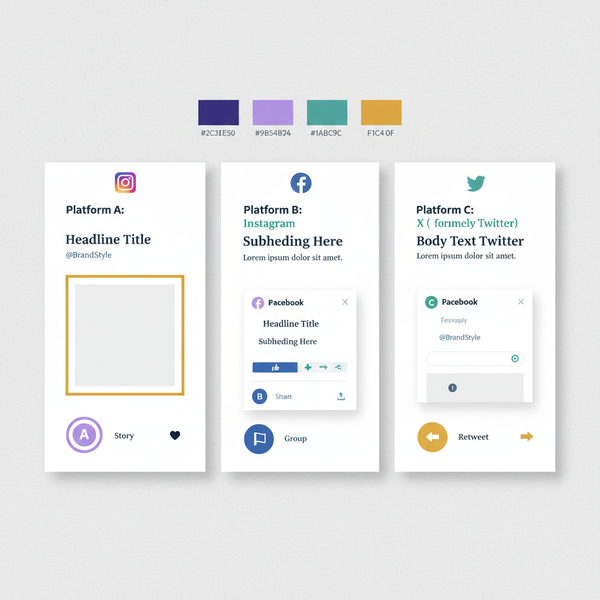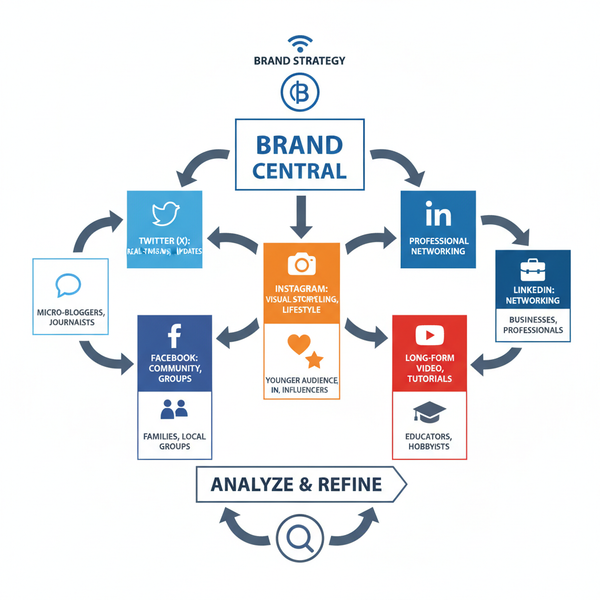15 Social Goal Examples for Personal and Professional Growth
Discover 15 practical social goal examples to strengthen relationships, boost communication skills, and enhance personal and professional connections.
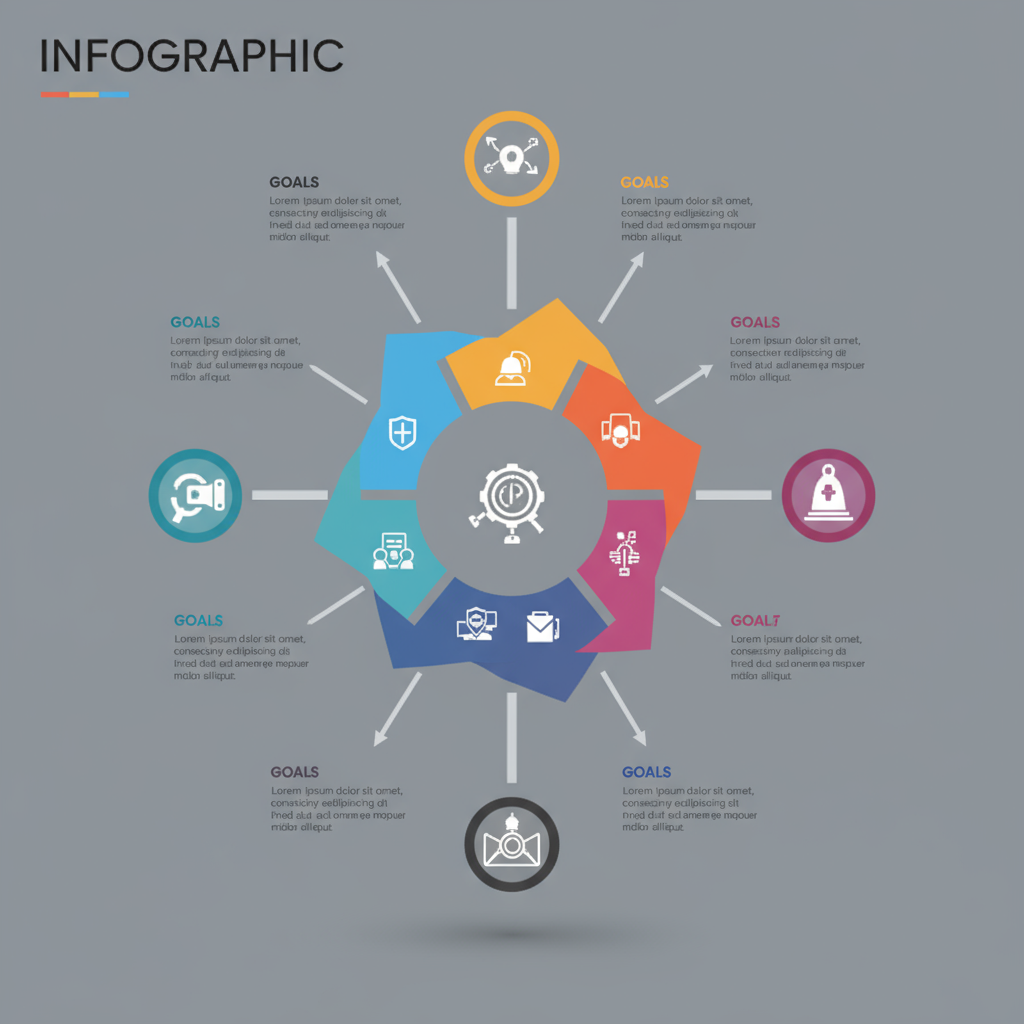
Introduction to Social Goals and Why They Matter
Social goals are intentional objectives you set to improve your interpersonal connections, communication skills, and community involvement. These aims are not just about expanding your network, but also about strengthening relationships and creating authentic connections that enrich both your personal and professional life.
In today’s world—where digital communication often replaces face‑to‑face interactions—having clearly defined social goals ensures you remain engaged, empathetic, and socially competent. Whether your aim is to build stronger friendships, expand professional contacts, or contribute to your community, setting and pursuing social goals will help you take deliberate steps toward achieving those aspirations.

---
Difference Between Personal, Social, and Professional Goals
While personal, social, and professional goals all aim to improve quality of life, each focuses on a different sphere:
- Personal goals: Relate to self‑development, health, hobbies, and personal satisfaction.
- Social goals: Aim to improve your interactions, relationships, and communication with others.
- Professional goals: Focus on career progression, workplace performance, and industry knowledge.
| Goal Type | Focus Area | Examples |
|---|---|---|
| Personal | Self‑growth & well‑being | Learn a language, eat healthier, meditate |
| Social | Relationships & community | Reconnect with friends, attend local events |
| Professional | Career growth | Earn a certification, improve leadership skills |
---
Benefits of Setting Social Goals
When you commit to setting and pursuing social goals, you unlock a range of benefits:
- Networking Opportunities – Meet people who may become collaborators, mentors, or clients.
- Relationship Building – Deepen connections with friends, family, and colleagues.
- Improved Confidence – Positive interactions reduce social anxiety and build self‑esteem.
- Enhanced Communication Skills – Active listening and empathy become second nature.
- Community Engagement – Feel more connected to local spaces and people.
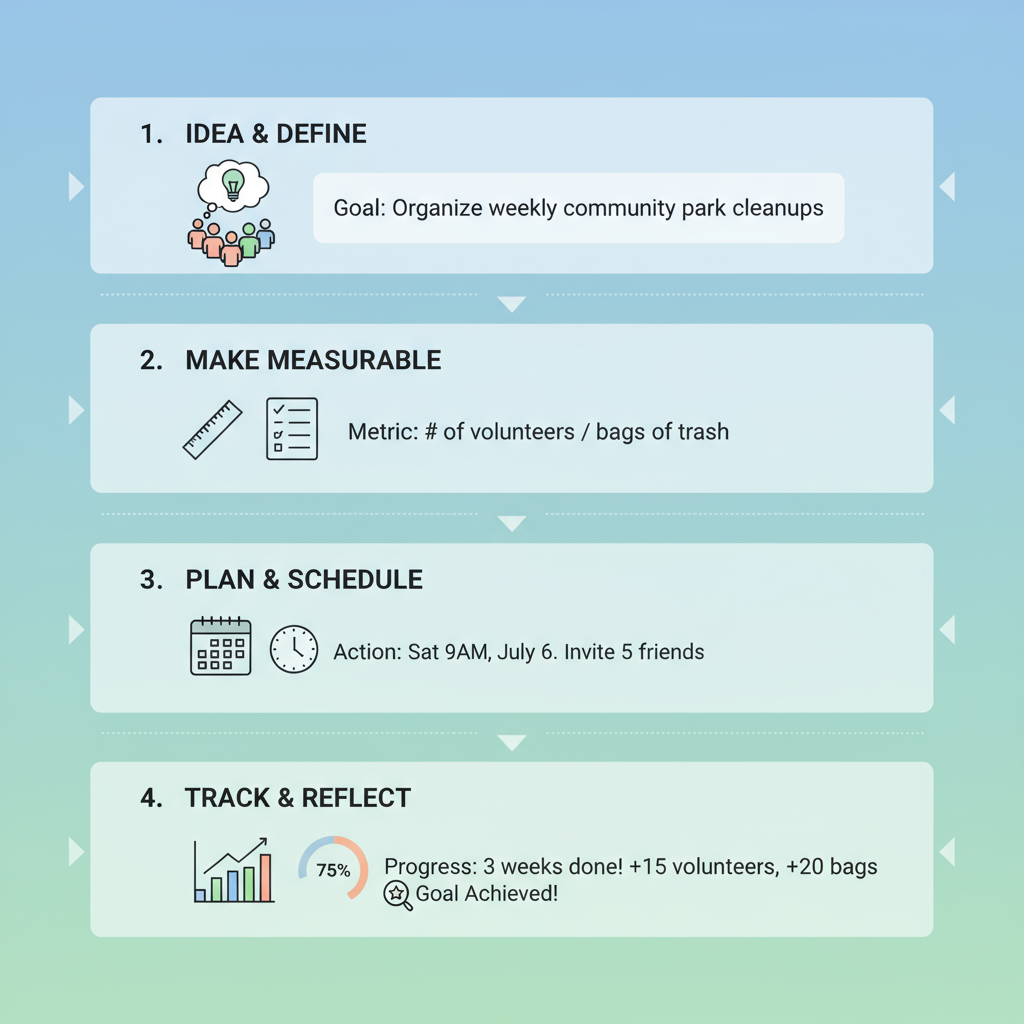
---
15 Social Goal Examples to Inspire You
Here are 15 social goal examples you can adapt to your personality, lifestyle, and ambitions.
1. Initiate Conversations with New People Weekly
Commit to starting at least one new conversation every week—whether at work, in a café, or during a commute.
2. Attend a Community Event Every Month
Participate in markets, festivals, or neighborhood meetings to feel more integrated into your community.
3. Join a Professional Networking Group
Connect through LinkedIn groups or local business clubs to discover new opportunities.
4. Volunteer for a Local Charity Twice a Year
Offer your time and skills to create positive impact while expanding your social network.
5. Improve Active Listening Skills
Summarize what the other person says before responding to build trust and understanding.
6. Reconnect with Old Friends
Schedule monthly or quarterly calls to maintain meaningful connections.
7. Host Small Group Gatherings
Invite friends, colleagues, or neighbors to a game night, dinner, or lunch meetup.
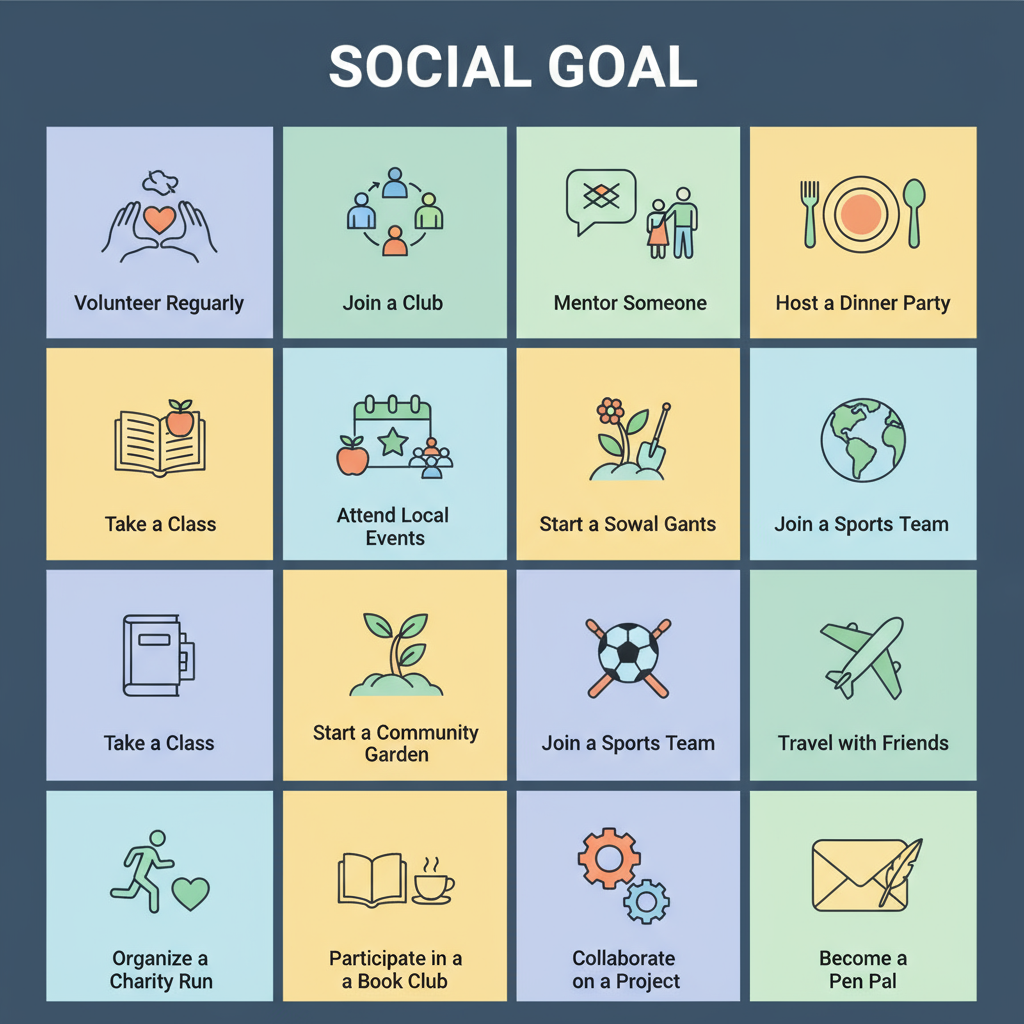
8. Participate in Team‑Building Activities at Work
Workplace outings or workshops enhance camaraderie and collaboration skills.
9. Engage Respectfully in Online Communities
Share valuable insights, ask thoughtful questions, and avoid disrespectful exchanges.
10. Practice Giving and Receiving Feedback
Deliver constructive critique and stay receptive to others’ input.
11. Collaborate on a Creative Project
Team up to create art, music, code, or writing to strengthen problem‑solving and adaptation.
12. Support a Cause Through Campaigns
Participate in fundraising or awareness activities that align with your values.
13. Develop Public Speaking Skills
Join clubs like Toastmasters to improve confidence and clarity in presentations.
14. Mentor or Be Mentored
Exchange guidance and advice to facilitate growth and mutual respect.
15. Celebrate Others’ Achievements
Acknowledge friends’, colleagues’, and family members’ successes sincerely—online or in person.
---
How to Set SMART Objectives for Social Goals
To make social goals actionable, align them with SMART criteria: Specific, Measurable, Achievable, Relevant, and Time‑bound.
Example: “Attend a Community Event Every Month”
- Specific: Choose an event ahead of time.
- Measurable: One event each month.
- Achievable: Select free or nearby events to fit your schedule.
- Relevant: Strengthen community connection.
- Time‑bound: Plan for 12 events over the year.
---
Tracking Progress and Staying Accountable
Monitoring your progress prevents goals from fading into intention:
- Keep a written or digital log of activities.
- Use habit‑tracking apps.
- Partner with an accountability buddy.
- Schedule regular check‑ins with yourself or a mentor.
---
Overcoming Common Challenges
Even strong intentions face roadblocks:
- Social Anxiety – Begin in low‑pressure contexts, such as casual chats with shop staff.
- Time Constraints – Integrate social goals into routines (e.g., lunch break networking).
- Fear of Rejection – Accept that not every interaction will click; it’s part of growth.
- Lack of Opportunities – Create them by organizing events or joining clubs.
---
Conclusion: Start Small and Expand Consistently
Social goals are practical, achievable tools for building stronger relationships, boosting self‑confidence, and enriching life on all fronts. By starting with one or two realistic objectives, you can steadily develop momentum. Over time, you’ll notice deeper connections, better communication, and a more vibrant sense of community.
Use the 15 social goal examples above as a starting point—then personalize them to your lifestyle. Begin today with small, consistent actions, and watch your social growth flourish for years to come.

